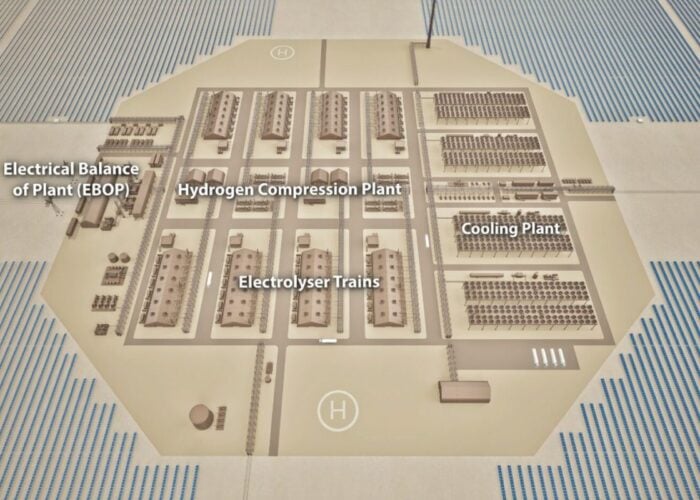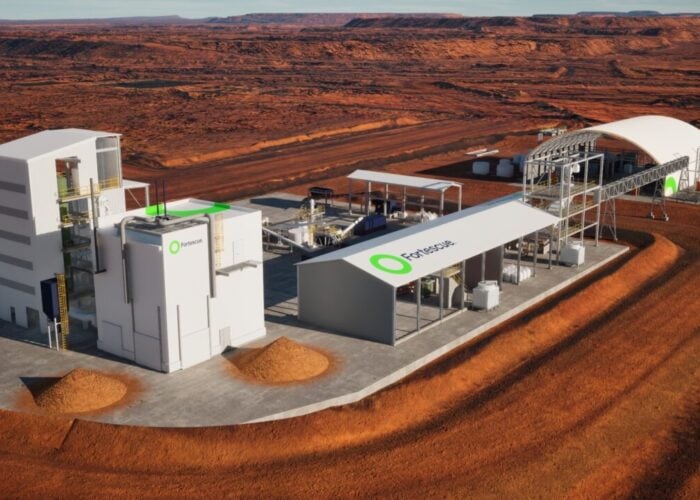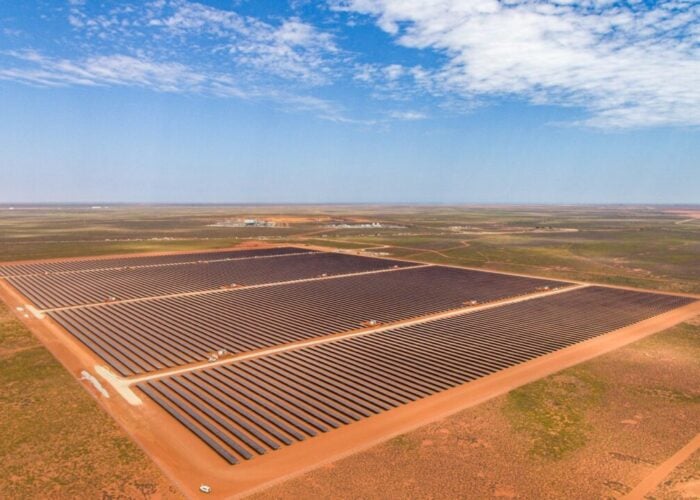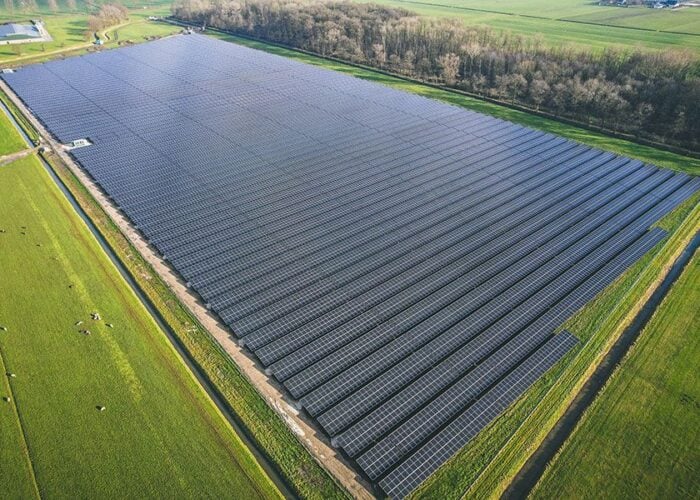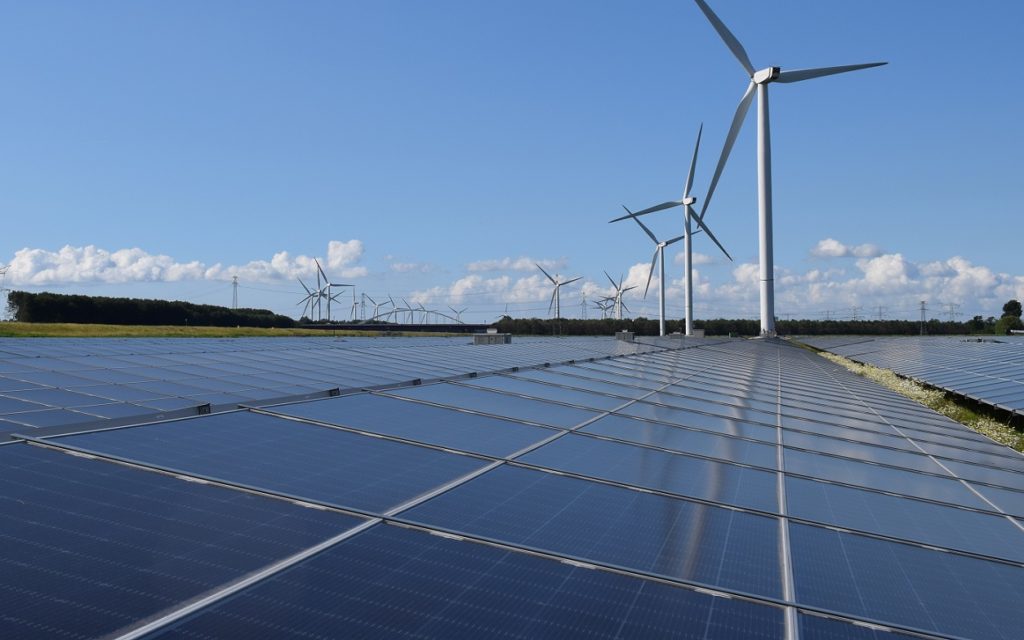
The Dutch government has made a record €13 billion (US$14.3 billion) available for its 2022 Sustainable Energy Production and Climate Transition Incentive Scheme (SDE++) that is now open to green hydrogen projects linked to a wind or solar farm.
Opening on 28 June, SDE++ is a scheme designed to encourage companies and non-profit institutions to reduce their emissions by providing subsidies for renewable energy or carbon capture and storage (CCS) projects.
Unlock unlimited access for 12 whole months of distinctive global analysis
Photovoltaics International is now included.
- Regular insight and analysis of the industry’s biggest developments
- In-depth interviews with the industry’s leading figures
- Unlimited digital access to the PV Tech Power journal catalogue
- Unlimited digital access to the Photovoltaics International journal catalogue
- Access to more than 1,000 technical papers
- Discounts on Solar Media’s portfolio of events, in-person and virtual
In 2020, the government awarded more than €2.1 billion in its first subsidy scheme, SDE+, to PV projects totalling 3,440MW capacity. Last year, it was expanded – becoming SDE++ – to €5 billion.
With the EU’s carbon price expected to rise this year, the Dutch government is anticipating less subsidies needed for previously approved projects, making an extra €2 billion available.
In addition, the Dutch cabinet decided to release an extra budget. “As a result, the opening budget has been increased once by €6 billion,” said a government statement, bringing the total pot available to €13 billion.
As well as green hydrogen projects being eligible for government subsidy, so too are industrial electrification projects based on hybrid glass furnaces.
Furthermore, the construction timeframe for geothermal energy and CCS projects has been extended to reflect the nature and lead-in times for geothermal projects in the Netherlands.
The Netherlands has been steadily increasing its solar capacity each year, with 3.3GW of solar PV added last year, taking its total deployed capacity to more than 14GW, according to the Dutch Central Agency for Statistics.
The Dutch Cabinet has targeted a 49% reduction in greenhouse gas emissions compared to 1990 levels by 2030, and in correlation to that the Netherlands Environmental Agency expects renewable electricity to grow to 75% of total consumption by 2030.



